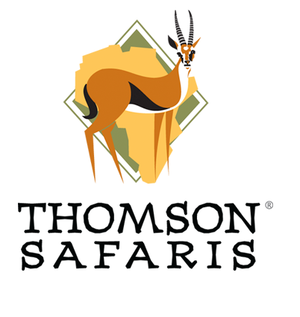General Safari Tips
Prepare for some long, bumpy rides: Your safari vehicles are tough and your drivers are experts, but drives can be long (sometimes 4-8 hours), and the roads can be rough. If you have a medical condition that can be aggravated by rough roads, consult your doctor. Bringing a seat cushion or lumbar back brace, and sitting near the front of the safari vehicle can help.
Prepare for dust: It is especially dusty in the dry season (July–October), we recommend wearing a bandana or mask and using moist towelettes. If you want to mask the dust on your clothing, you may consider wearing beige or khaki colors.
Clothing colors: Some scientists suggest black and dark blue attract tsetse flies. You may consider wearing muted colors, like beiges, khakis and greens, but it is not required. You will be well prepared with the fly swatters provided in the vehicles and the recommended bug sprays on the packing list.
Do not wear camouflage as it is associated with the military.
Suggested clothing colors to pack:
Khaki, tan, green are good / Blue and black may not be good in some areas / Camouflage is not recommended.
Don’t be embarrassed; everyone needs to use the restroom: Let your guide know early if you need to stop somewhere to relieve yourself. The best option may be outdoors, depending on the remoteness of your location.
Respect animals’ space and habitats: Situations when you especially want to be quiet and remain at a safe distance include:
• When animals are mating
• When a predator is on a hunt or eating a kill
• When a mother has a young animal beside her
• When animals are in the middle of the road
• When a lone male (buffalo, lion, elephant, etc.) is near
Bring your headlamp/flashlight to dinner: There will only be the ambient light of the stars to guide you back to your tent. The camp crew will also be happy to escort you.
Use common sense in cities: Be respectful of the culture, do not flaunt jewelry or valuables, keep a money pouch or belt hidden from view, and be firm but polite when declining offers of CDs, souvenirs or other unwanted requests.
The equatorial sun is intense: Bring a wide-brim hat, sunscreen/lip balm (minimum SPF 30), and drink plenty of water.
The climate is temperate: Even at the equator, mornings and evenings can be surprisingly cool, especially at higher elevations like the Eastern Serengeti and Ngorongoro Crater camps.
Bring masks: You will need your own supply of masks for public places and airports. These, or a bandana, can even be used on safari in dusty conditions.
Respect park and camp rules: Never feed or attempt to interact with wildlife, and never walk outside the immediate boundaries of your camp or lodge at any time.


